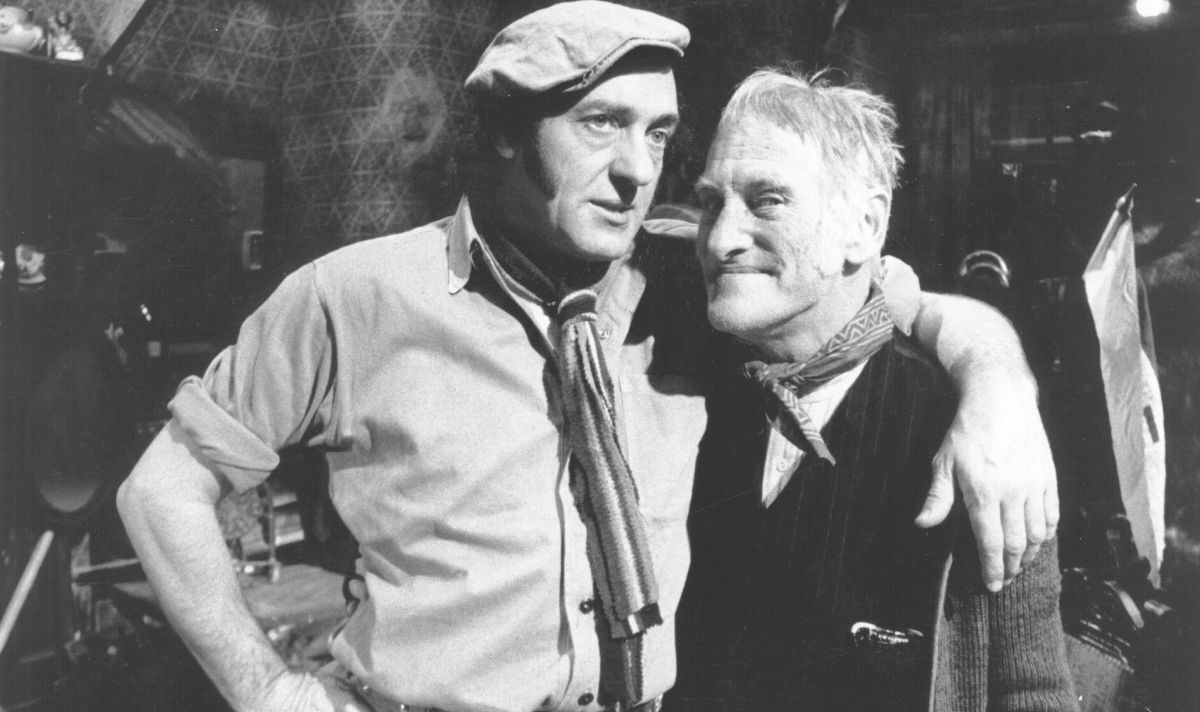Wilfrid Brambell is best known for his roles in Steptoe and Son and his appearance in the Beatles’ music video for A Hard Day’s Night. In this entity, he plays the fictional grandfather of Paul McCartney. Later, Brambell would die of cancer at the age of 72. The actor had no children.
While Brambell is no longer living, copies of Steptoe and Son and cancer still are with the latter remaining a deadly force in 2022.
The NHS describes cancer as a “condition where cells in a specific part of the body grow and reproduce uncontrollably”.
As a cancer grows the cells “can invade and destroy surrounding healthy tissue, including organs”.
When cancer spreads from one part of the body to another this is known as metastasis.
READ MORE: Pancreatic cancer symptoms: Two ‘common’ areas for pain
While there are over 200 different types of cancer, there are still ways to detect the presence of the disease in the body.
General symptoms of cancer include:
• A lump that suddenly appears on the body
• Unexplained bleeding
• Changes to your bowel habits
• Bloating
• Coughing
• Chest pain
• Breathlessness
• Lumps
• Moles
• Unexplained weight loss
• Tummy or back pain
• Indigestion
• Heartburn
Feeling tired and unwell alongside jaundice are also signs cancer could be present.
DON’T MISS
It is recommended if a person detects these symptoms to see their GP as soon as possible.
Although they may not have cancer, it is considered far better to get the lump or pain checked rather than leave it for six months and find the cancer could have been treated.
Since Brambell’s death in 1985, there have been great strides in cancer research and treatment.
Despite this, deaths from cancer are still high with fears they could rise amid high stresses on the NHS.
One such plant is cannabis.
Around the world there are several trials underway to identify whether certain combinations of cannabinoids within the plant could be used to treat the most virulent of cancers.
However, doctors are keen to stress there is division over the matter.
Dr Simon Erridge, Head of Research and Access at Sapphire Medical Clinics, said: “With respect to treating cancer there is obviously some really promising preclinical evidence in terms of looking at the response to cancer cells in a petri-dish and response to animal models in terms of their response to cancer, but there haven’t been any significant [human trials] that have reported results in cancer.”




